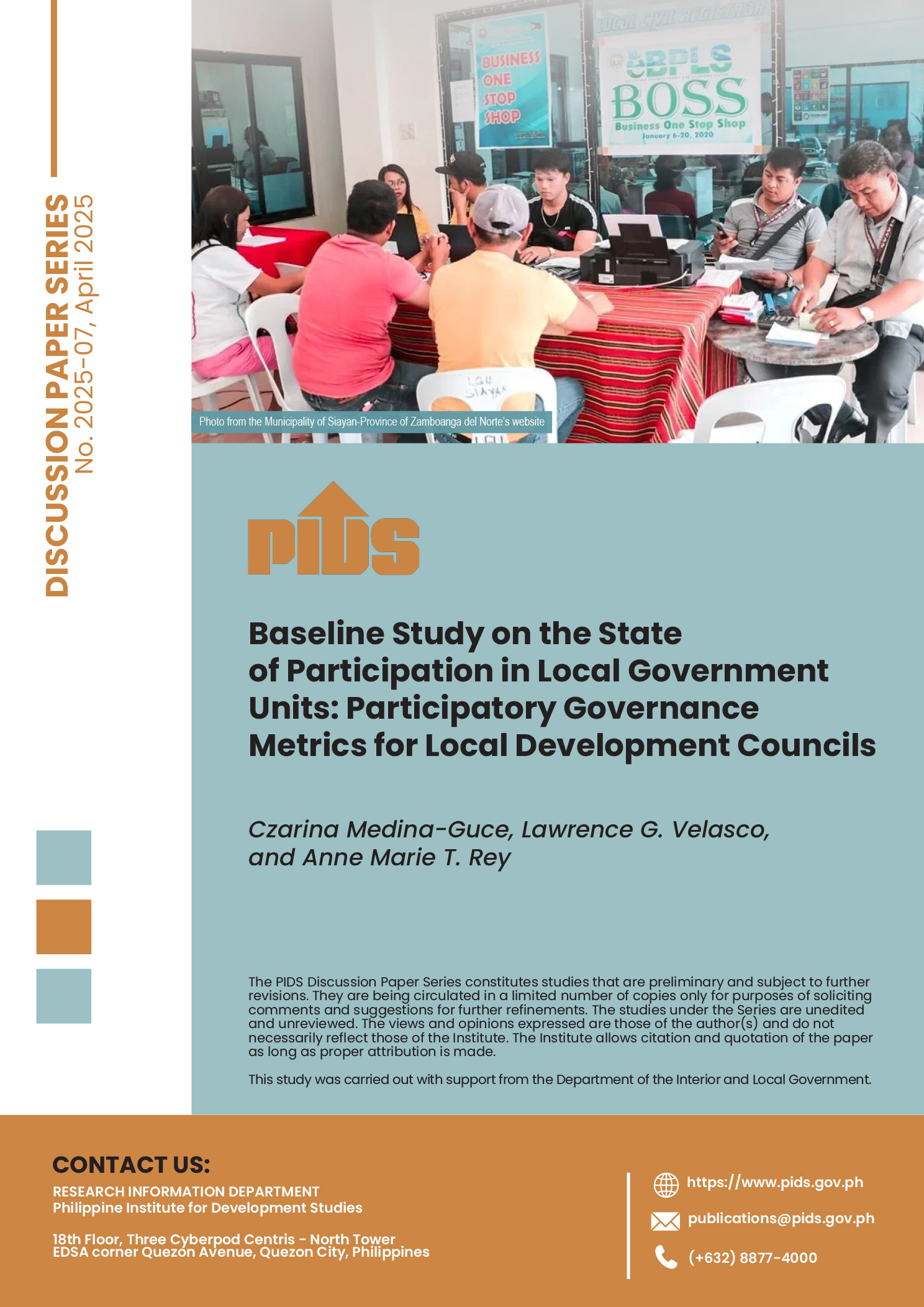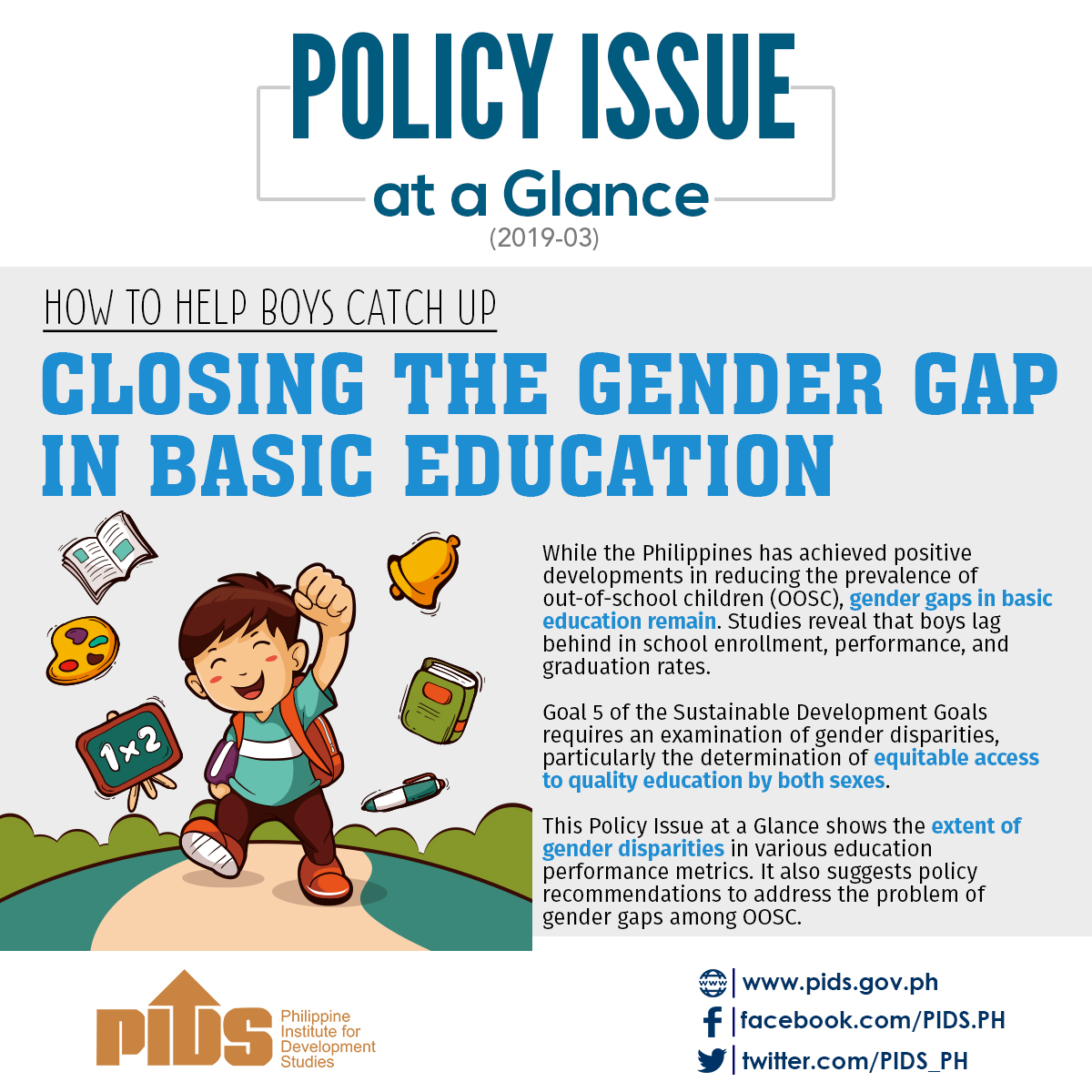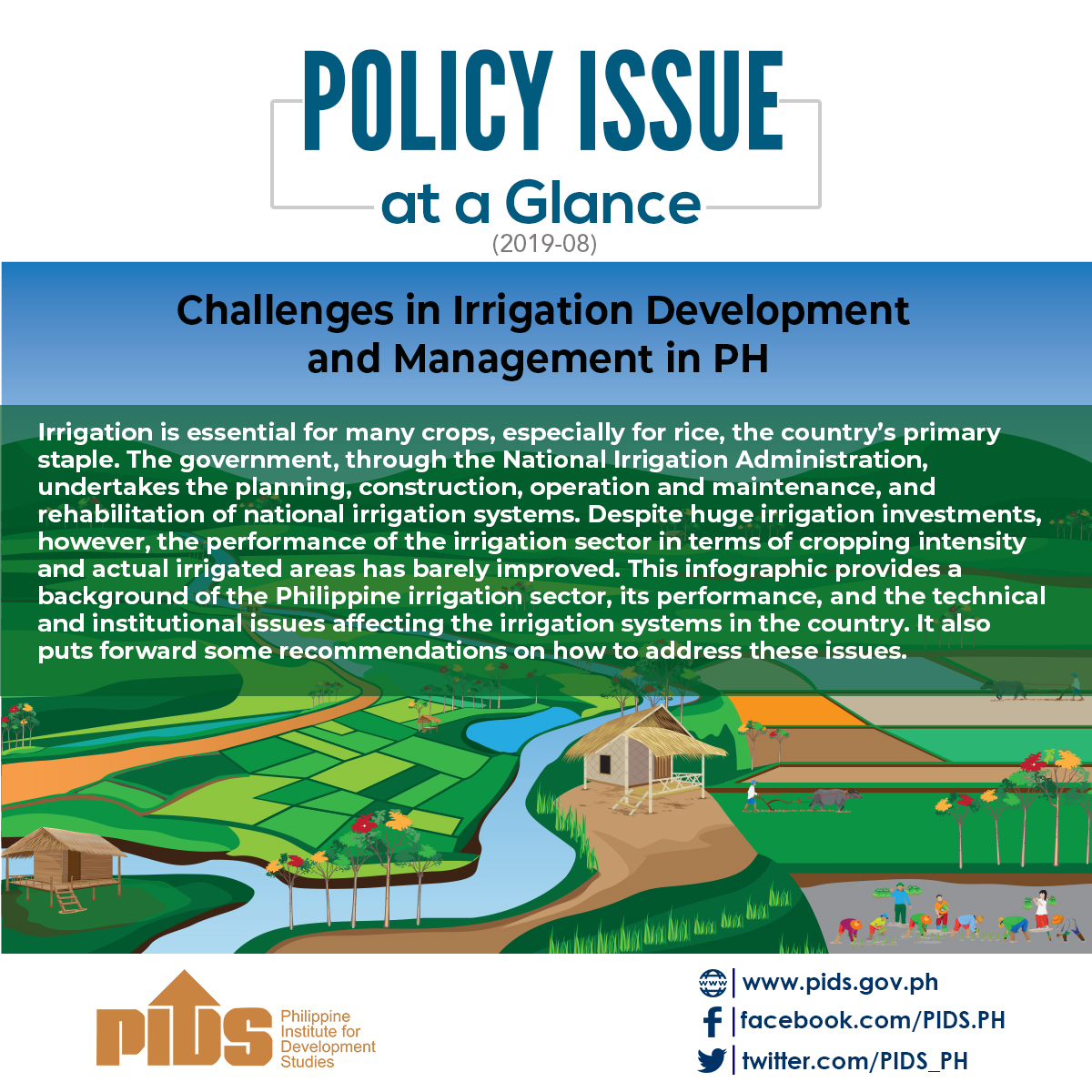The government must require an entrance exam and implement a more rigorous selection process of prospective student-grantees under the Students Grants-in-Aid Program for Poverty Alleviation (SGP-PA) and Expanded SGP-PA to ensure their success in state universities and colleges (SUCs), a paper released by the Philippine Institute for Development Studies (PIDS) said.
In its review and assessment of the program, PIDS consultant Denise Valerie Silfverberg and and senior research fellow Aniceto C. Orbeta Jr. said there is a strong correlation between entrance-exam scores and academic performance in core subjects.
The researchers found that under the current program, many grantees drop out of college because of being “unprepared for tertiary education.”
“Given the thrust of the program, it is important that the grantees who are selected have a relatively high likelihood of completing their degrees,” the authors said.
“Enforcing admission exams is one way of achieving this objective. Conducting the admission exams will also serve as a good baseline for the grantees when monitoring their progress over time,” they added.
Data showed that 39 percent of the grantees cited preference to work, uninterested, terminated and academic difficulties for dropping out.
Around 23 percent said they experienced academic difficulties, while 9 percent said they are already uninterested.
The paper stated some 5 percent chose to terminate their grants and 2 percent preferred to work.
However, some 21 percent said it was their “personal decision” to drop out. This, the authors said, should be probed further.
“There is a need to probe deeper into the reasons why these grantees have dropped out,” the authors said.
“This has an important implication for the selection process. It reiterates the need to identify those who are actually willing to partake in tertiary education,” they added.
Apart from these, the authors said there is a need to implement improvements that go beyond the academic realm, such as interventions for the program.
These can help prevent grantees from dropping out of their program because of pregnancy, familial obligations, financial difficulties and others.
Around 12 percent of grantees drop out because of pregnancy; 9 percent due to familial obligations; 9 percent, financial difficulties; and 5 percent, health conditions, such as pregnancy stress.
“There are aspects to the program, which go beyond the academic realm. The cultural change experienced by the grantees from being relocated to a more urbanized setting than what they have been accustomed to is a legitimate issue brought up by the SUCs,” the authors said.
The SGP-PA is a new initiative taken by the government to provide access to the poor but capable students to higher education.
The program was implemented in the academic year 2012 and 2013, with 4,041 selected beneficiaries from identified and classified poor households in the 609 focus municipalities covered under the DSWD’s Pantawid Pamilyang Pilipino Program.
The program was rolled out in the academic year 2014 and 2015, with 36,412 beneficiaries under the Expanded SGP-PA (ESGP-PA), bringing the total number of beneficiaries to 40,453.
Total number of implementing SUCs expanded from 35 to 112 across the country.
The financial benefits of an SGP-PA grantee include P10,000 per semester for tuition and other fees, P2,500 per semester for textbooks and other learning materials, P3,500 per month for 10 school months as stipend. The total grant amounts to P60,000 per academic year per student.
In its review and assessment of the program, PIDS consultant Denise Valerie Silfverberg and and senior research fellow Aniceto C. Orbeta Jr. said there is a strong correlation between entrance-exam scores and academic performance in core subjects.
The researchers found that under the current program, many grantees drop out of college because of being “unprepared for tertiary education.”
“Given the thrust of the program, it is important that the grantees who are selected have a relatively high likelihood of completing their degrees,” the authors said.
“Enforcing admission exams is one way of achieving this objective. Conducting the admission exams will also serve as a good baseline for the grantees when monitoring their progress over time,” they added.
Data showed that 39 percent of the grantees cited preference to work, uninterested, terminated and academic difficulties for dropping out.
Around 23 percent said they experienced academic difficulties, while 9 percent said they are already uninterested.
The paper stated some 5 percent chose to terminate their grants and 2 percent preferred to work.
However, some 21 percent said it was their “personal decision” to drop out. This, the authors said, should be probed further.
“There is a need to probe deeper into the reasons why these grantees have dropped out,” the authors said.
“This has an important implication for the selection process. It reiterates the need to identify those who are actually willing to partake in tertiary education,” they added.
Apart from these, the authors said there is a need to implement improvements that go beyond the academic realm, such as interventions for the program.
These can help prevent grantees from dropping out of their program because of pregnancy, familial obligations, financial difficulties and others.
Around 12 percent of grantees drop out because of pregnancy; 9 percent due to familial obligations; 9 percent, financial difficulties; and 5 percent, health conditions, such as pregnancy stress.
“There are aspects to the program, which go beyond the academic realm. The cultural change experienced by the grantees from being relocated to a more urbanized setting than what they have been accustomed to is a legitimate issue brought up by the SUCs,” the authors said.
The SGP-PA is a new initiative taken by the government to provide access to the poor but capable students to higher education.
The program was implemented in the academic year 2012 and 2013, with 4,041 selected beneficiaries from identified and classified poor households in the 609 focus municipalities covered under the DSWD’s Pantawid Pamilyang Pilipino Program.
The program was rolled out in the academic year 2014 and 2015, with 36,412 beneficiaries under the Expanded SGP-PA (ESGP-PA), bringing the total number of beneficiaries to 40,453.
Total number of implementing SUCs expanded from 35 to 112 across the country.
The financial benefits of an SGP-PA grantee include P10,000 per semester for tuition and other fees, P2,500 per semester for textbooks and other learning materials, P3,500 per month for 10 school months as stipend. The total grant amounts to P60,000 per academic year per student.












